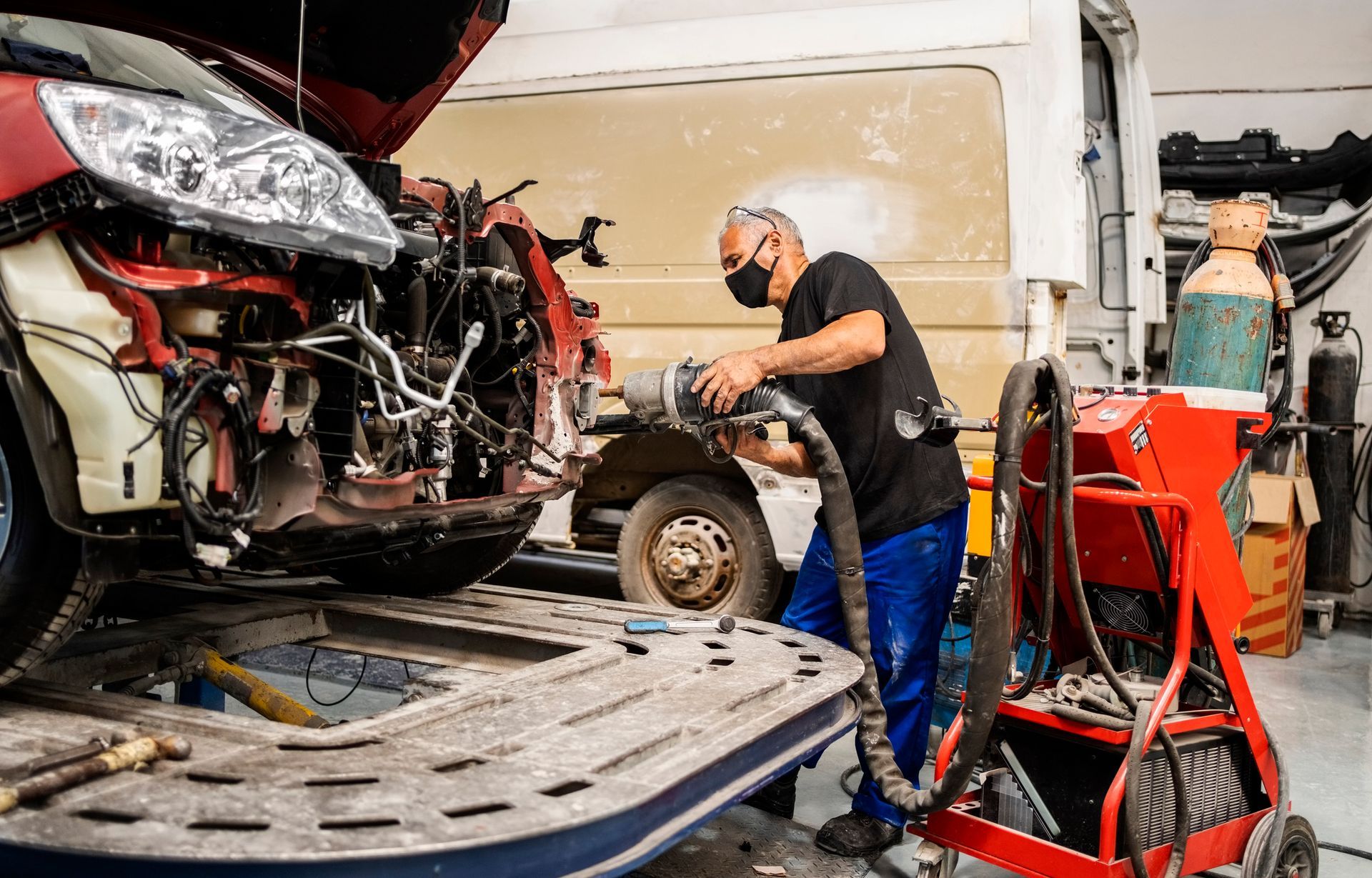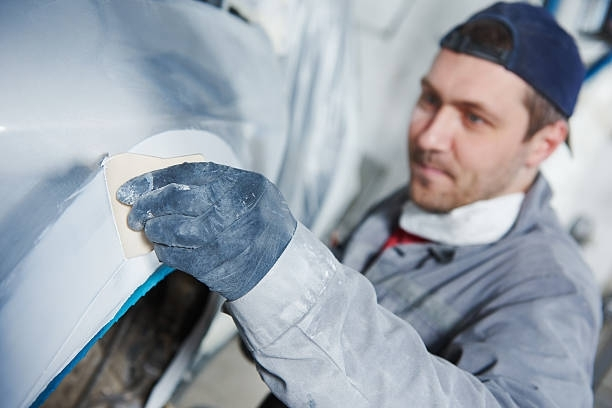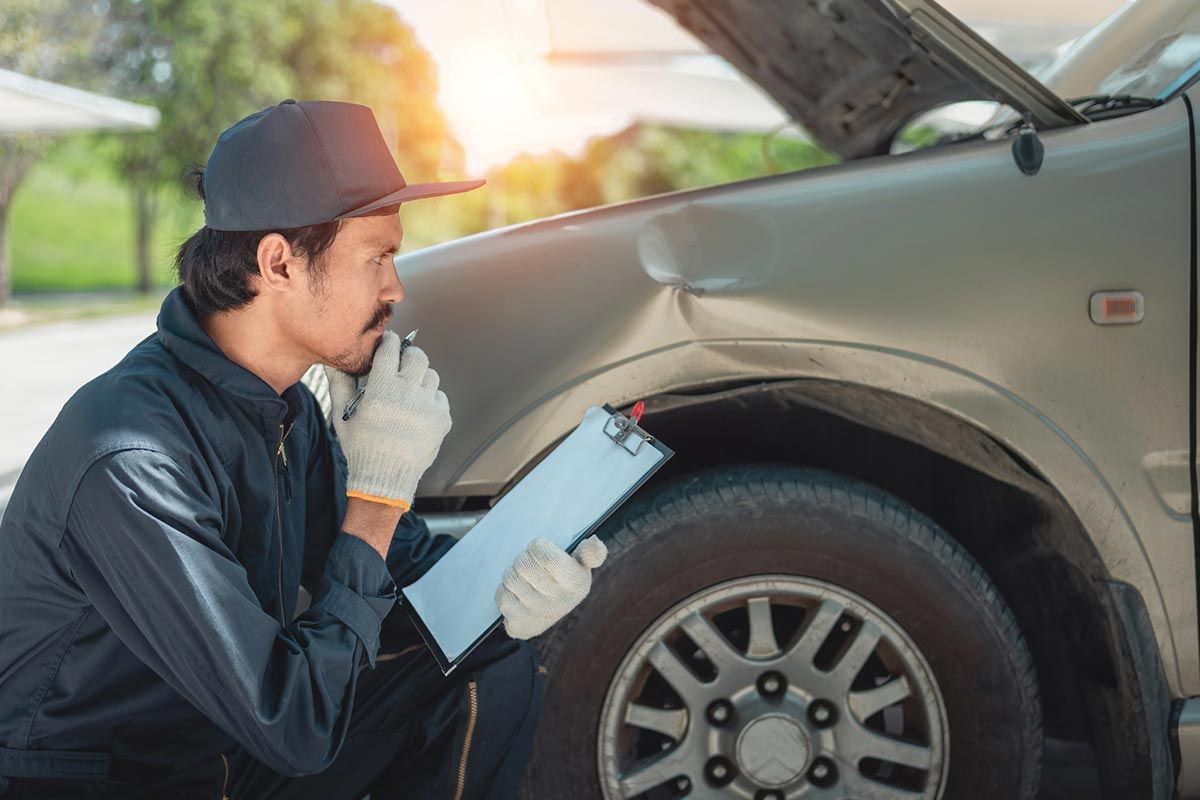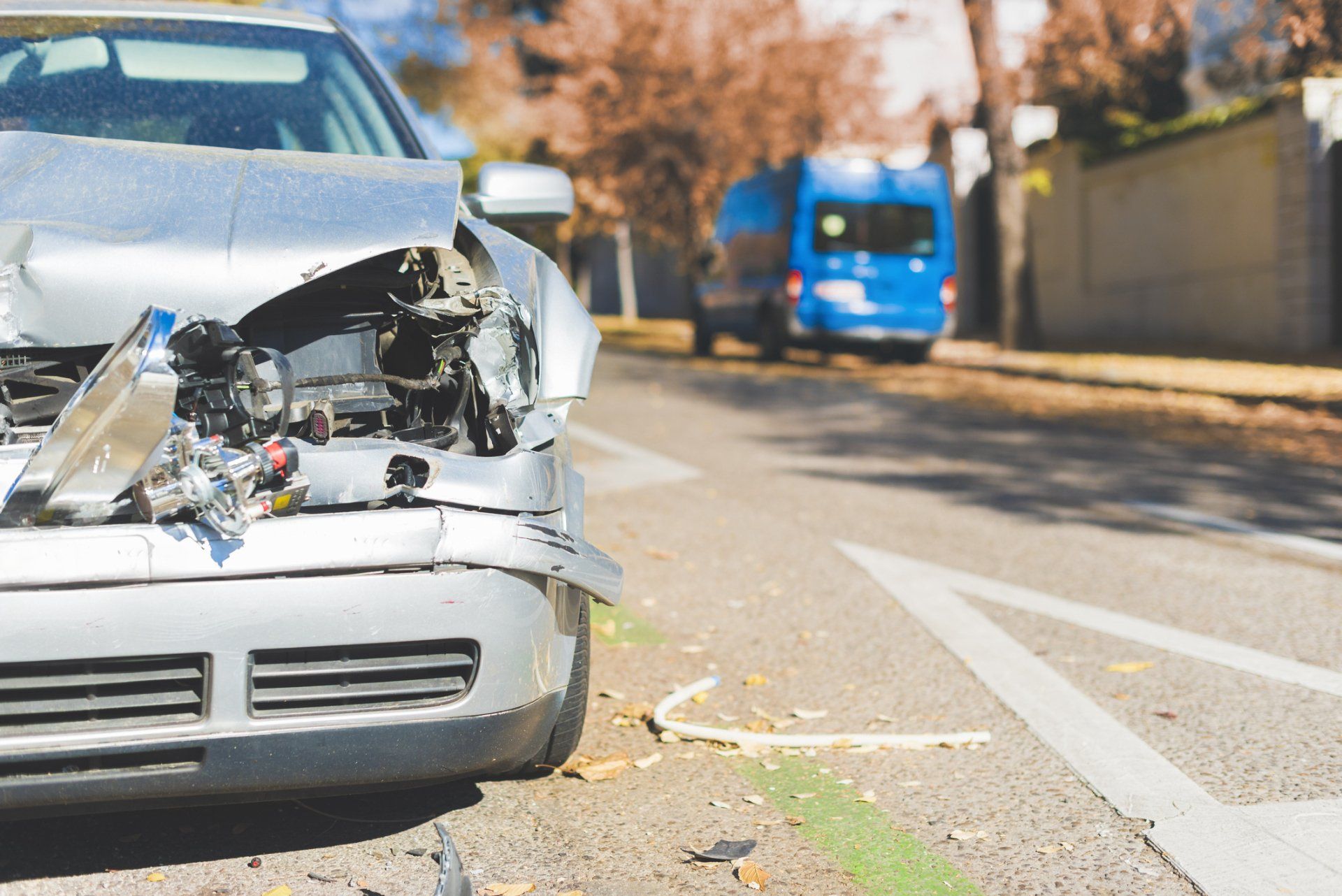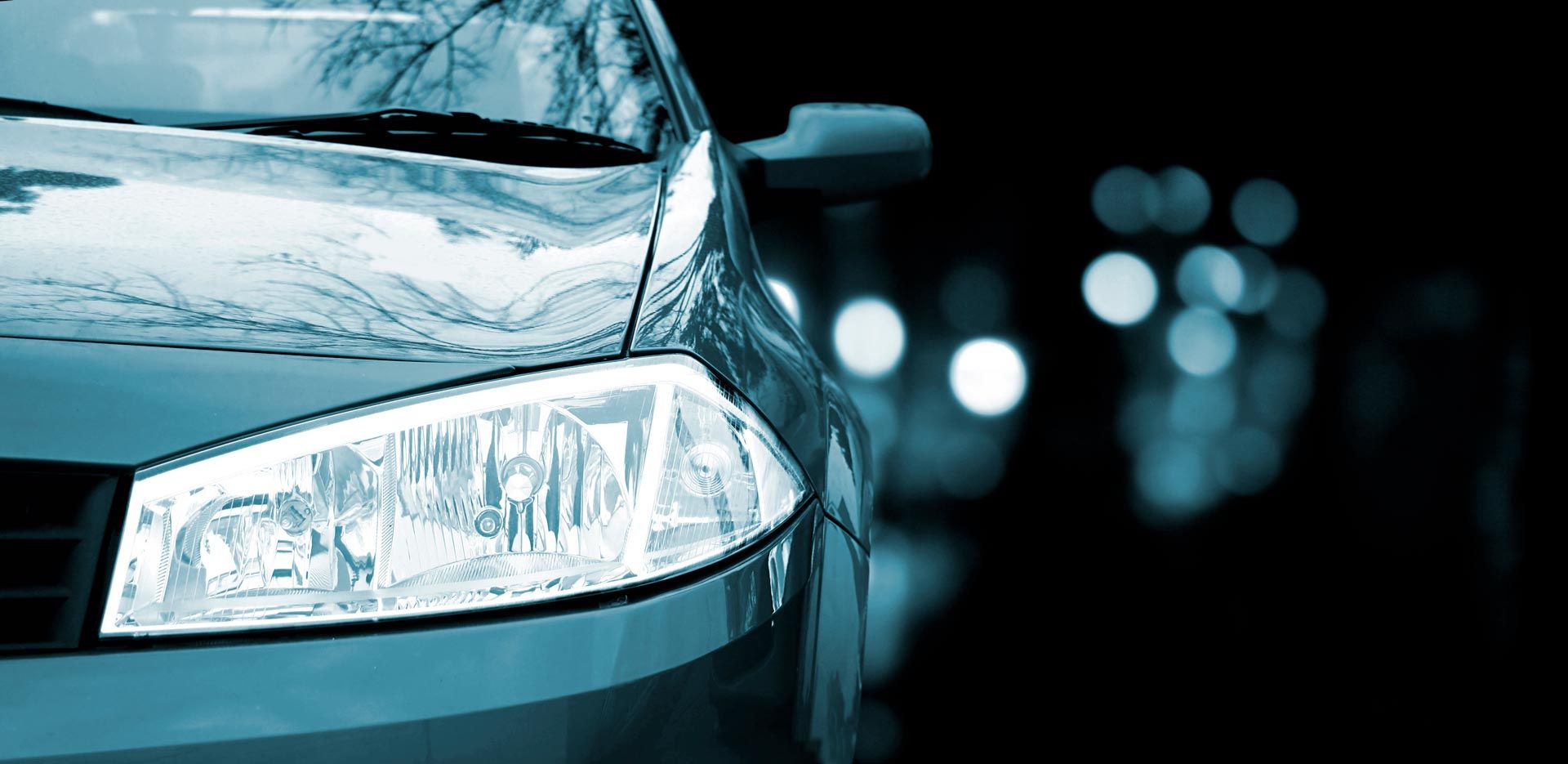Salt, Corrosion, and Car Bodies: What You Should Know
Admin • April 6, 2020
You may already know that salt in water and air can damage cars. Don't assume, however, that you can avoid salt damage simply by steering clear of the Florida coastline. Salt can travel through the air up to 50 miles, meaning that your Gainesville car lies well within reach of its damaging effects.
Fortunately, the more you know about salt-related corrosion's dangers, patterns, and solutions, the more easily and effectively you can keep your car's body and undercarriage healthy. Here are some primary points you need to understand about salt, corrosion, and car bodies.
How Salt Damages Cars
Sodium, chloride, and water make a corrosive combination. Saltwater can corrode metals five times faster
than freshwater, while moist salt air corrodes metals ten times faster than dry, salt-free air. Repeated or constant exposure to salt will eventually cause parts of your car to rust and weaken.
Salt-related corrosion may affect a car's frame, body panels, or undercarriage. Damage to body panels may occur gradually as tiny amounts of salt accumulate on the car. While paint and wax offer valuable protection against corrosives, the salt can still eat through these protective layers.
Car owners in sunny states may have an elevated risk for salt damage to the bodies of their cars. Regular sun exposure can create pores in a car's top coat of paint, easing the way for salt to intrude and damage the metal beneath.
Rust and other salt damage to a car's undercarriage may go unnoticed until your car undergoes a routine inspection or other auto services that involve lifting the vehicle. This kind of damage can spread to critical working parts, potentially making your car unsafe to drive.
Where to Look for Trouble Signs
Salt damage tends to make its first obvious appearance on a car's flat, horizontal body panels, including the hood, roof, and trunk. These areas typically receive a lot of sun, and at the same time provide a natural shelf for salt particle accumulation. Watch these panels closely for any signs of dullness, fading, or corrosion.
Don't forget to inspect the less visible parts of your car's body from time to time. Check the undercarriage, wheel wells, the inside of the trunk, and the inside of the hood, along with any other areas where two metal body parts meet. Even if you don't see obvious rust, bubbles in the paint may indicate underlying rust.
How a Body Shop Fixes (and Prevents) Corrosion
If salt air or saltwater has already damaged your vehicle, take immediate steps to address the problem. Auto body professionals can clean away any accumulated salt, sand away body rust, apply rust arrestors to the bare metal, and then add fresh primer and paint (using the manufacturer's original paint where possible).
Cavity wax offers another important form of protection. Body shops add this substance to the cavities of vehicles after they have performed any other necessary refinishing. This special wax protects the tight spaces of the car in which saltwater might gather.
If you worry about the state of your vehicle's undercarriage, you may have several options to protect this important part of the vehicle's body. Our technicians can add a rubberized, polyurethane, asphalt-based or paraffin-based undercoating to help keep moisture, salt, and other damaging materials at bay.
What You Can Do to Protect Your Paint Job
Routine preventative maintenance will play a key role in safeguarding your car's paint job against salt-related corrosion. Wash your car regularly to keep your paint job clear of substances that might damage it, and follow up with a protective layer of wax. Get any tiny chips in your paint touched up to prevent rust infiltration.
Garage your car or place a protective cover over it during sunny days. This protection will reduce the amount of direct sunlight your paint job receives, which will reduce its vulnerability to salt air.
Automotive Super Sports can help you defend your car's beauty against the elements, including salt air and saltwater. Contact us
to learn more or set up a time to visit our shop.
Do you want to take care of your car? Discover specific signs that indicate that you should have a professional check your car at a repair shop.
While not all car accidents are fatal, they cause some vehicle damage. Read on to discover signs of hidden vehicle damage to watch for after an accident.
Common types of auto body damage include paint scratches, collision damage, dings and dents, weather damage, and windshield damage. Read on for more.
Keep yourself protected on the road with four helpful things to know about your headlights in connection to auto accidents. Read on for more information.
As a vehicle owner, you should know what elements can damage your car's paint job. Discover four of the most common to watch out for.

